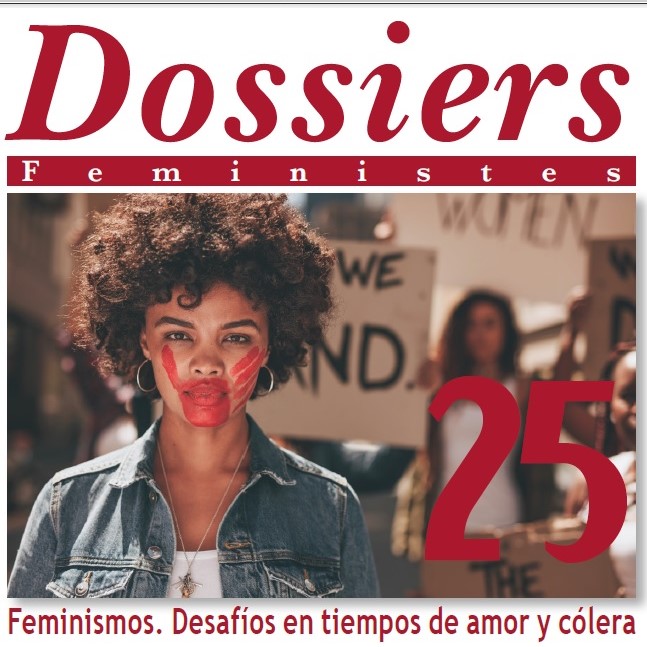Love for difference. Notes on silence in Luce Irigaray
Article Sidebar

Main Article Content
In 2017, Ann Ferguson remarks that from the nineties there has been a growing interest in Love and that Love Studies has become a new field of feminist enquiry.
The analysis of a number of discourses on love and love practices has been articulated in the attempt to answer the question of what love is and how it operates as an ideology, an epistemology and a psychsocial force. These three modes of interpretation that move beyond the analysis of the forms in which love is culturally apprehended and represented, reveal the complex genealogy of the strategies through which the notion of love has been used to understand relationships between men and women and as a key element to possibly construct an heterosexual ethics/erotica funded on mutual recognition. In this paper, I will focus on the role that Love plays in (feminism of) sexual difference or, as Irigaray states, on the role that Love for Difference performs in the creation of a social and symbolic order that does not exclude the feminine. In particular, I will analyse a body of work (I Love to You: Sketch for a Felicity Within History, To Be Two and An Ethics of Sexual Difference) in which the author explains how Love would operate to remodel the culture of the Same into a culture of Two, a culture that will be made possible by inter-subjective relations founded on the practice of silence. Moreover, I wish to consider a very relevant aspect of Irigaray’s theorising that has not been sufficiently accounted for and that would allow to re-think the role of relationality in constructing female subjectivity in Feminism of the Sexual Difference.
Article Details
(c) http://creativecommons.org/licenses/by-sa/3.0/legalcode0
Virginia Nicola Fusco, Profesora en la Universidad Carlos III de Madrid
Profesora en la Universidad Carlos III de Madrid en el área de Filosofía. Desempeña su labor docente principalmente en el Grado de Humanidades y en el doble grado de Periodismo y Humanidades. Ha realizado estancias de investigación en centros de reconocido prestigio: Centre for Historical Studies JNU, University of Delhi, New Delhi, India, y Centre for the Humanities, University of Utrecht, bajo la supervisión de la filósofa Rosi Braidotti. Sus trabajos han sido publicados en revistas indexadas así como en diversas monografías. Su actividad investigadora se centra en cuestiones relacionadas con la Teorías Postcolonial y Decolonial y los Estudios de Género con especial atención a las representaciones de la otredad en la producción literaria contemporánea.